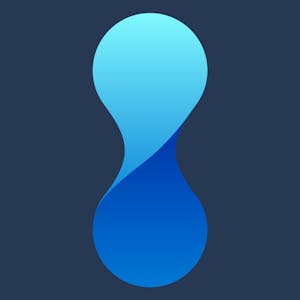Description
In this course, you will learn how Microsoft Azure can help you secure access to cloud resources, what it means to build a cloud governance strategy, and how Microsoft Azure adheres to common regulatory and compliance standards. With the rise of remote work, bring your own device (BYOD), mobile applications, and cloud applications, the primary security boundary has shifted from firewalls and physical access controls to identity. Understanding who is using your systems and what they have permission to do is critical to keeping your data safe from attackers. To stay organized, manage costs, and meet your compliance goals, you need a good cloud governance strategy. Migration to the cloud presents new ways to think about your IT expenses. The cloud also removes the burden of supporting IT infrastructure. As you move to the cloud, you might ask: • How much will it cost? • What guarantees does Microsoft Azure provide around uptime and connectivity? • How do preview services impact my production applications? In this course, you will also learn about the factors that influence cost, tools you can use to help estimate and manage your cloud spend, and how Microsoft Azure's service-level agreements (SLAs) can impact your application design decisions. This course can help you prepare for AZ-900: Microsoft Azure Fundamentals exam. This is the third course in a four-course program that prepares you to take the AZ-900 certification exam. This course teaches you the core concepts and skills that are assessed in the Microsoft Azure identity services, and governance exam domains. This beginner-level course is suitable for IT personnel who are just beginning to work with Microsoft Azure and want to learn about Microsoft Azure offerings and get hands-on experience with the product. To be successful in this course, you need to have basic computer literacy and proficiency in the English language. You should be familiar with basic computing concepts and terminology, general technology concepts, including concepts of networking, storage, compute, application support, and application development. You should also be familiar with the concept of application programming interfaces, or APIs. It is beneficial to have a high-level familiarity with relevant Microsoft products such as Dynamics 365 and Office 365.
